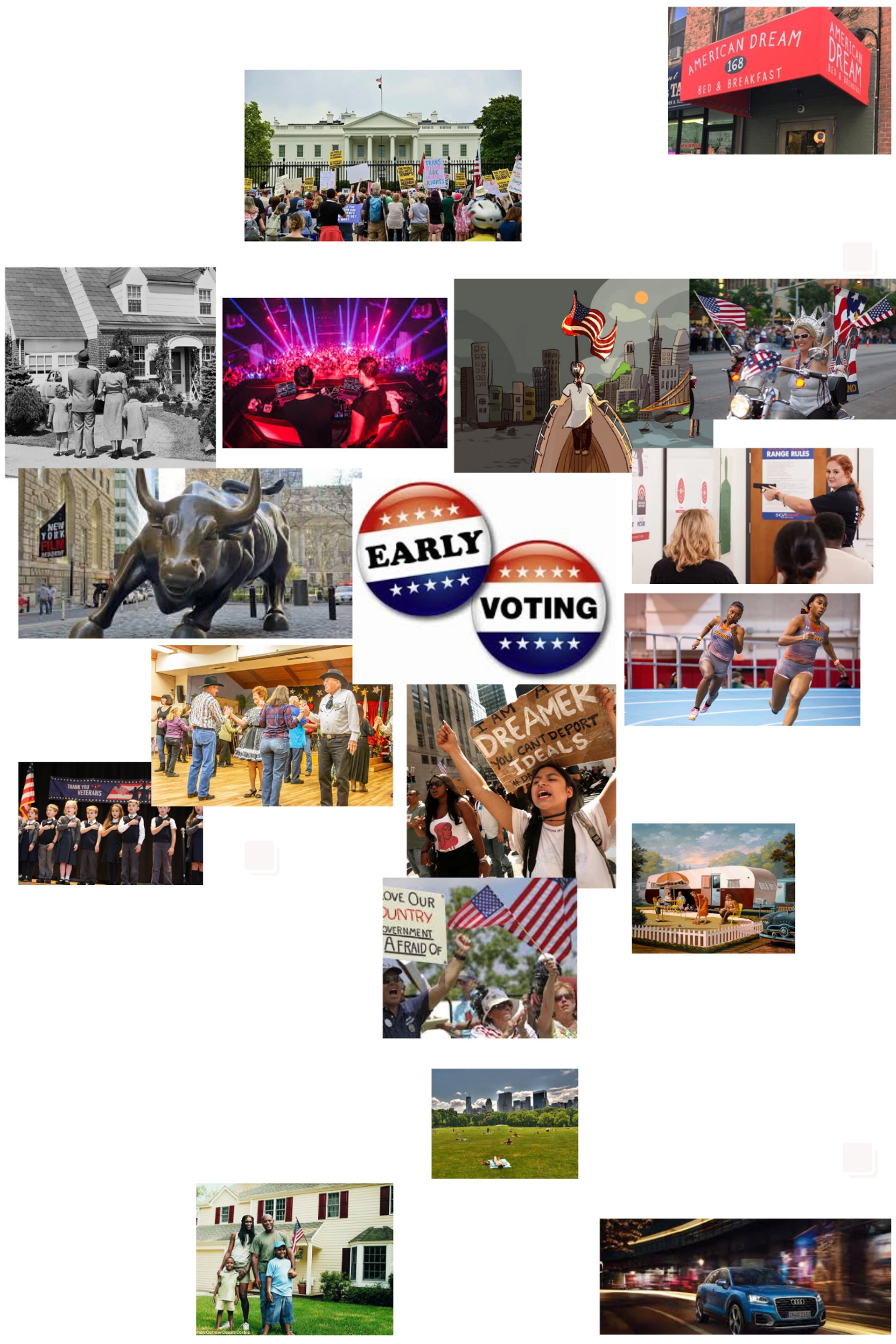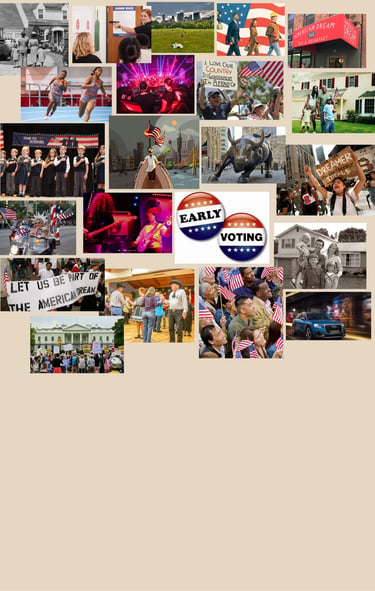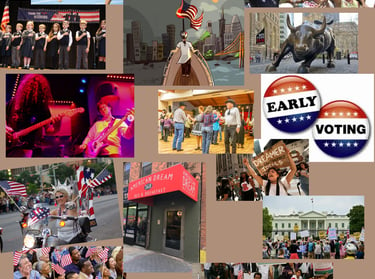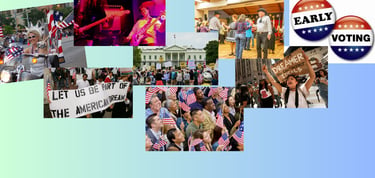**** COMING SOON ****

American Freedoms A Documentary
W
What it's about
I study and teach the history of the United States, so for decades I’ve talked with people about the tireless efforts made by self-described Americans to define, secure and protect their freedoms. We are reminded daily by our politics, popular culture, even by advertisers that defending freedom is an American tradition. I rarely meet individuals who don't have an opinion about the subject. Yet there is not—and has never been—consensus in the U.S. about freedom’s boundaries, about whose freedoms deserve protection, or even on fundamental shared principles. Americans have long invoked and defended "freedom" but seldom agreed about its meaning.
This shouldn't surprise. The people who have called the U.S. home can claim widely different experiences and their expectations, understandably, have ranged widely in turn. Still a belief in the nation's commitment to an abstract principle has always loomed large and remains influential, for good reason. And so this film asks: What freedoms have been unique to life in the U.S. or essential to defining it, and why don’t Americans agree upon the answer?
I am filming conversations on this subject with hundreds of people nationwide. How has life in the United States helped them enjoy political, legal, cultural, economic, intellectual, or personal freedoms? Do they think that Americans sometimes take basic freedoms for granted or claim those that are undeserved? Why is there little agreement about the term's meaning, about what it takes to secure common rights and privileges, or about the reasons that freedoms in the U.S. have at times been lost or denied?
The interviews
The story in American Freedoms will be driven and literally told by the hundreds of individuals who agree to be interviewed. Their voices, alone, will narrate; no "experts" (or filmmaker) will chime in to offer commentary. And because so many people are involved, no one will get extensive screen time. The film won't "profile" participants or focus on any one person's views or experiences. Those who appear on screen will be identified by their first name and, if they choose, a few terms of self-description. And the film will not pass judgement. I am not taking a position on how to best understand freedom's meanings and histories.
Instead, the interviews will document how elusive the concept of freedom has always been in the U.S. and why its politics remain contested and consequential. The result will be a collage of conversations, where people discuss experiences, impressions, and convictions and so present stories that will be familiar to many but also stories that will surprise and even confuse. The project invites participants and viewers to put competing understandings of American Freedoms—freedoms imagined, aspired to, and realized—in conversation with their own.





